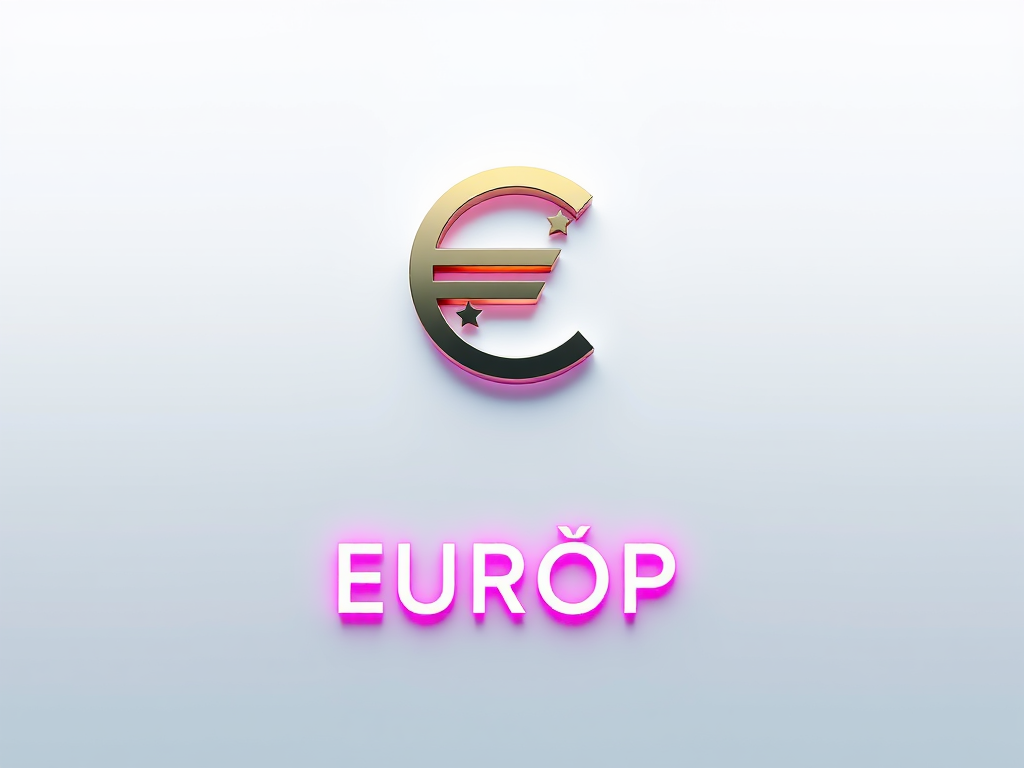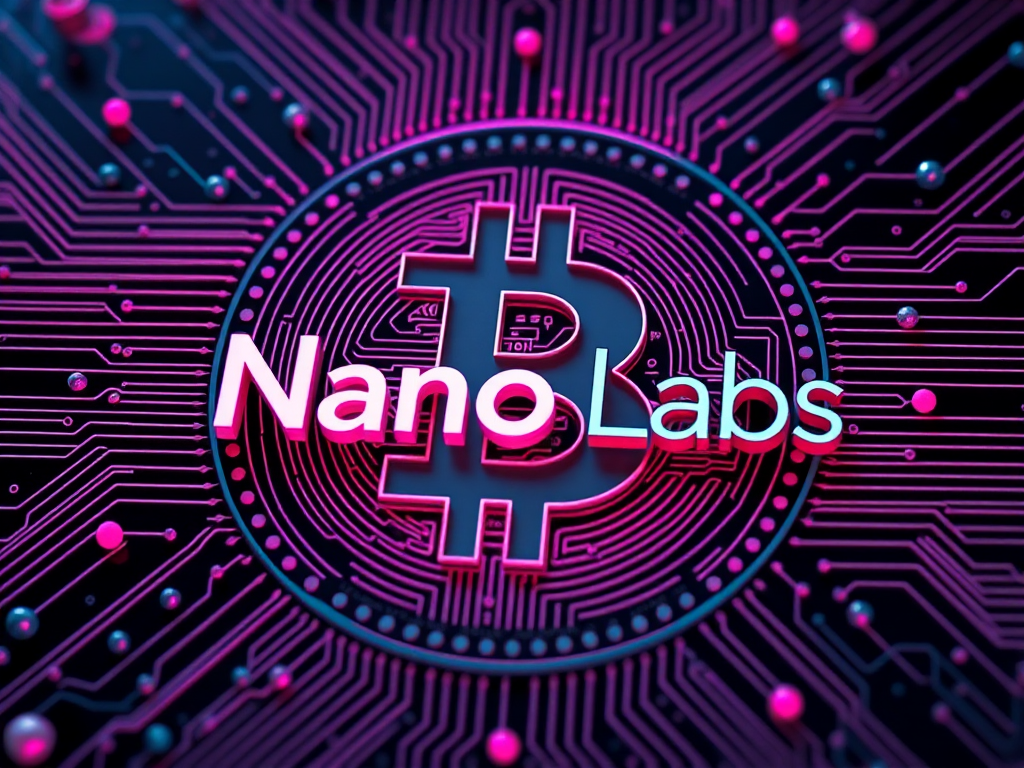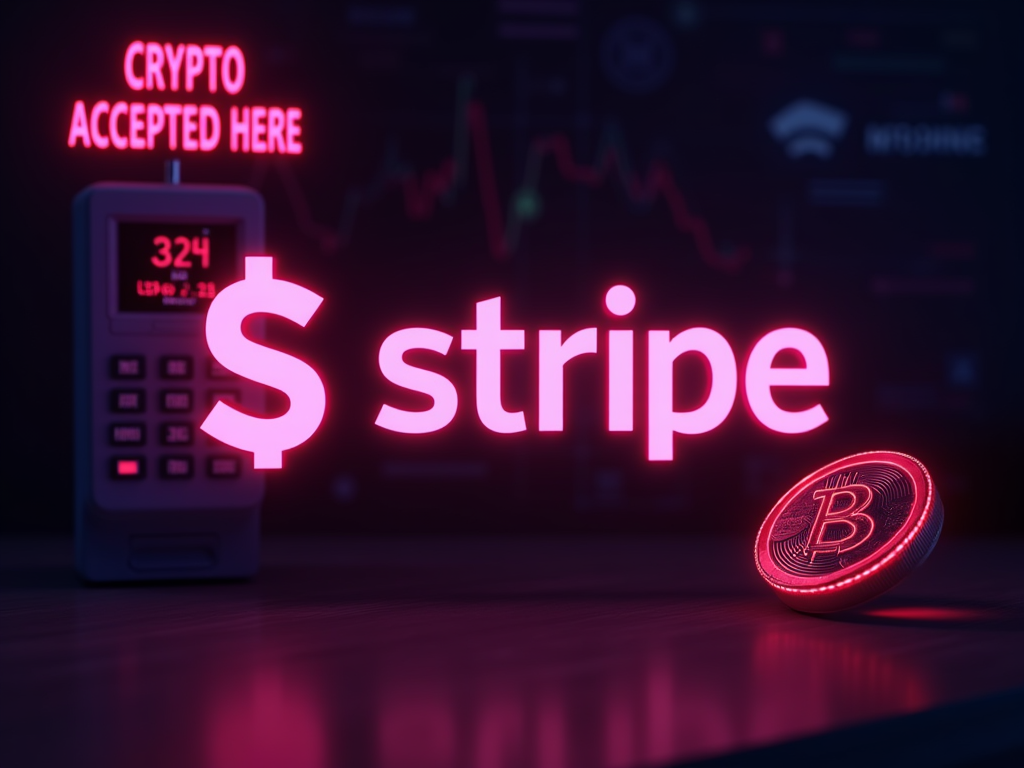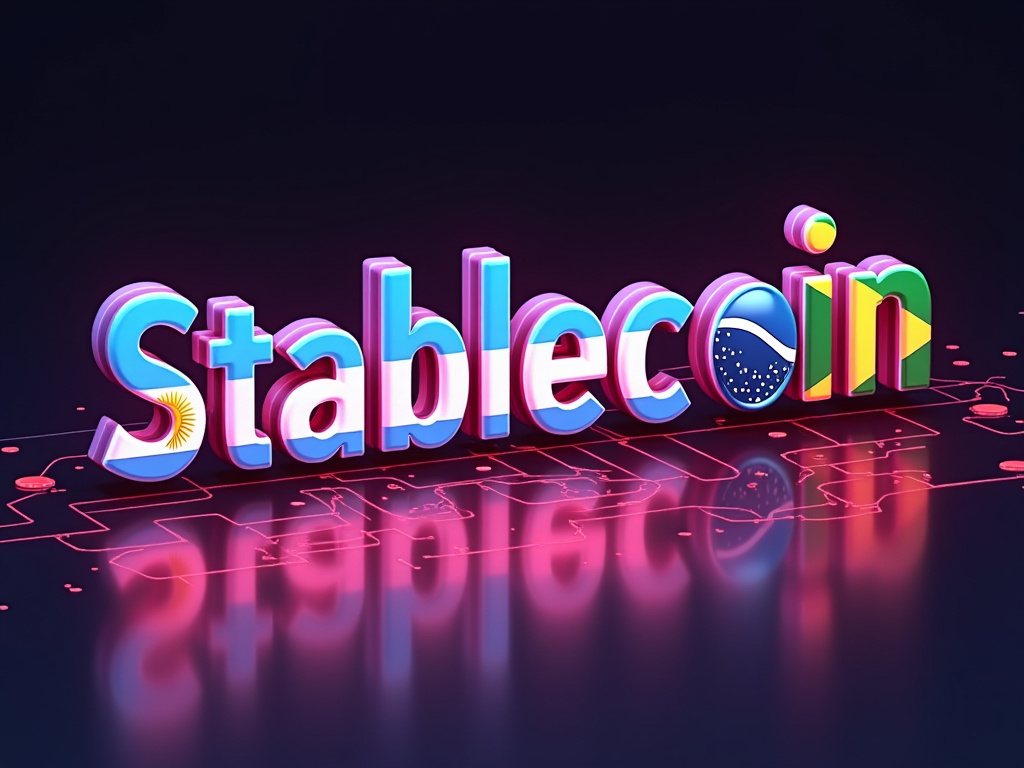Key Points
- Mox Bank, a Hong Kong-based virtual bank and a subsidiary of Standard Chartered, has become the first virtual bank to offer direct trading of spot Bitcoin and Ether ETFs on its platform, marking a significant step in Hong Kong’s push to become a virtual asset hub.
- The bank is positioning itself as a cost-effective option for crypto ETF trading with competitive fees. In the future, it plans to expand its offerings to include direct cryptocurrency purchases and trading.
Hong Kong’s virtual banking landscape has taken a significant leap into the cryptocurrency market with Mox Bank’s launch of its cryptocurrency exchange-traded fund (ETF) service. On Monday, August 7, 2024, the Standard Chartered subsidiary announced that it had become the first virtual bank to offer trading of spot Bitcoin and Ether ETFs directly on its platform, marking a pivotal moment in Hong Kong’s ambition to transform into a virtual asset hub.
The new service, available through the Mox Invest platform launched in February, allows customers to access and invest in a range of crypto-related products. These include Hong Kong-listed spot and derivative crypto ETFs and US-listed derivative crypto ETFs. The underlying assets for these products include Bitcoin and Ethereum for spot ETFs and Bitcoin and Ethereum futures for derivative ETFs.
Jayant Bhatia, Mox’s Chief Product Officer, emphasized the bank’s forward-looking approach, stating,
“The launch of crypto ETFs is just the start of what Mox intends to offer in the crypto investing space. We want to offer a safer way to an asset class for customers to diversify investments”.
Mox is positioning itself as a cost-effective option for crypto ETF trading, leveraging its low overhead as an utterly virtual bank. The bank charges 0.12% of the transaction volume with a minimum of HK$30 (US$3.84) for Hong Kong-listed ETFs and 0.01% per share with a minimum of US$5 for US-listed ETFs. Henry Lau, Mox’s head of investment, claimed these rates are “very competitive and the cheapest among banks in Hong Kong,” with Bhatia adding that it is nearly half the price of what traditional Hong Kong banks offer.
The launch timing coincides with a period of volatility in the cryptocurrency market. Bitcoin recently experienced a significant price drop, falling as much as 16% on Monday and briefly trading below US$50,000, marking one of the most significant declines since the 2022 collapse of the crypto exchange FTX. Despite these market fluctuations, Mox remains optimistic about the future of crypto investing.
“There are obviously volatility risks that customers need to understand,” Bhatia said. We will ensure that the risks are made very transparent to customers, and we recommend that they have diversified asset classes to manage their investments.”
Looking ahead, Mox has ambitious plans for expansion in the crypto space. The bank intends to allow users to purchase cryptocurrencies directly on its platform, partnering with a licensed exchange to offer this service. This move would put Mox in competition with digital brokerages like Tiger Brokers and Futu, which have recently launched crypto trading services.
Later in the year, Mox plans to launch a “core portfolio” solution, bringing professional-level trading features to retail investors. This product will be tailored to a customer’s profile and risk tolerance.
Mox’s data suggests a strong interest in cryptocurrency among its customer base, with 28% of Mox customers already invested in crypto and 18% of those being active crypto traders. This aligns with a 2021 survey by Visa, which found that nearly one in three people in Hong Kong have engaged with crypto, and one in three crypto owners are likely to switch their primary banks to one that offers crypto-related products.
Barbaros Uygun, CEO of Mox, emphasized the bank’s commitment to innovation, stating, “Adding Crypto ETFs to the Mox Invest platform empowers our customers to gain access to emerging asset classes confidently. We envision building a global benchmark from Hong Kong by staying ahead of the competition and being innovative and responsive to changing markets.”
However, it’s worth noting that Hong Kong’s spot Bitcoin and Ether ETFs have faced challenges in gaining traction since their launch earlier this year. The three Hong Kong spot ETF issuers – Bosera HashKey, ChinaAMC, and Harvest Global – have seen zero flows in August, with a combined total assets under management of just $236.3 million to date, according to data from CoinGlass.
Despite these challenges, Mox remains confident in the future of crypto investing. “We fundamentally believe that crypto investing is here to stay,” Bhatia concluded, “and our objective is to ensure that we offer it securely.”
As Hong Kong continues establishing itself as a virtual asset hub, Mox’s move into crypto ETF trading represents a significant development in the city’s financial landscape. It remains to be seen how this will impact the broader adoption of cryptocurrency-related financial products in the region and whether other virtual banks will follow suit.
















